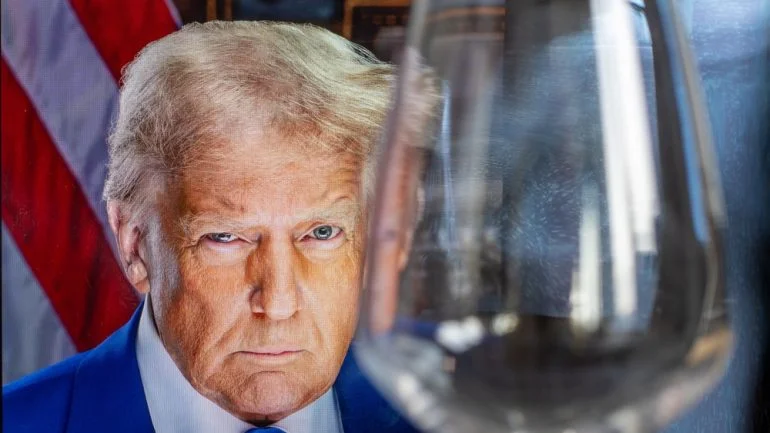The tariffs implemented during President Trump’s administration have had significant and lasting effects on the US hotel industry. From rising operational costs to disruptions in supply chains, the consequences are multifaceted and continue to shape how hotels operate.
Rising Costs of Hotel Operations
One of the most notable impacts of Trump’s tariffs has been the consistent rise in operational costs for hotels. Despite some reductions or modifications to tariffs, the price of imported goods remains elevated compared to pre-policy levels. Hotels across the US heavily rely on imported materials—ranging from furniture and linens to electronics and kitchen supplies.
The tariffs imposed on products from countries like China have directly increased the costs of these essential items, burdening hotel operators with higher expenses. Many hotel chains and independent properties have felt the effects year after year, leading to inflation in operating budgets and, consequently, increased room rates and service charges. Budget hotels, in particular, face the challenge of either scaling back quality or raising prices, further complicating their competitiveness in a tight market.
Disruption to Supply Chains and Construction Projects
The tariffs have also disrupted supply chains, particularly affecting the construction and renovation of hotels. During the peak years of tariff-related uncertainty, many new projects were delayed or abandoned. The costs of construction materials such as steel and aluminum soared, leading to inflated project budgets and extended timelines.
In high-demand cities like New York, Los Angeles, and Miami, hotel developers have had to reassess their plans due to rising construction costs. Many projects were scaled down or postponed, resulting in fewer opportunities for new developments. Small hotel owners, often less equipped to absorb these increased costs, have been particularly hard hit.
Impact on Foreign Tourism and International Business
A crucial aspect of the hotel industry’s challenges under Trump’s tariffs has been the decline in international tourism. The tariffs and broader trade tensions have created uncertainty that has adversely affected travel patterns. Visitors from countries subject to tariffs found their purchasing power weakened, leading many to redirect their travel to other destinations.
Major tourist cities like New York, San Francisco, and Los Angeles, which traditionally catered to international travelers, experienced a significant drop in overseas bookings during the height of the trade war. This decline also extended to business travel, as tariffs led to fewer international conferences and corporate events in the US. Hotels that relied on hosting large international meetings had to adjust their offerings or seek new revenue streams to compensate for the slowdown in business tourism.
Looking Ahead: Adapting to a New Reality
As Trump enters his second term, the long-term effects of the tariffs continue to influence the US hotel industry. While some trade policies have been adjusted, many challenges—such as rising costs and shifts in international travel patterns—remain. The hotel industry has been compelled to adapt, finding new ways to source materials locally and invest in cost-effective solutions.
Some hotel chains have begun embracing sustainable practices to reduce reliance on foreign-made products, while others are leveraging technology to streamline operations and cut costs. The future of the US hotel industry will largely depend on how it navigates the economic landscape shaped by ongoing trade policies.
The uncertainty of global trade, coupled with potential future tariff changes, means that the industry must remain agile and proactive. Hotels that succeed will be those that maintain high-quality service while adapting to a world where trade policies and international relations continue to impact tourism and operational costs.
While Trump’s tariffs have posed significant challenges, they have also prompted the hotel industry to reconsider sourcing practices and adopt more flexible, sustainable approaches to management. The resilience of the US hotel industry is evident as it faces both hurdles and opportunities in this evolving landscape. As tariffs remain a part of the economic backdrop, hoteliers will continue to adapt to an ever-changing reality, striving to meet the needs of both domestic and international travelers.



